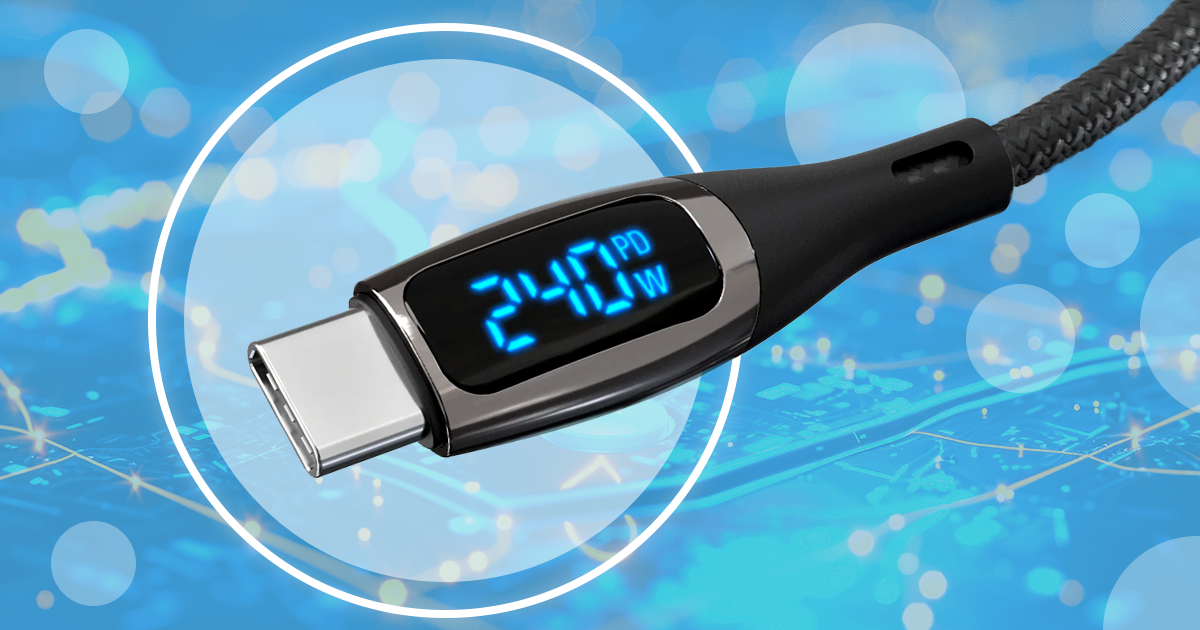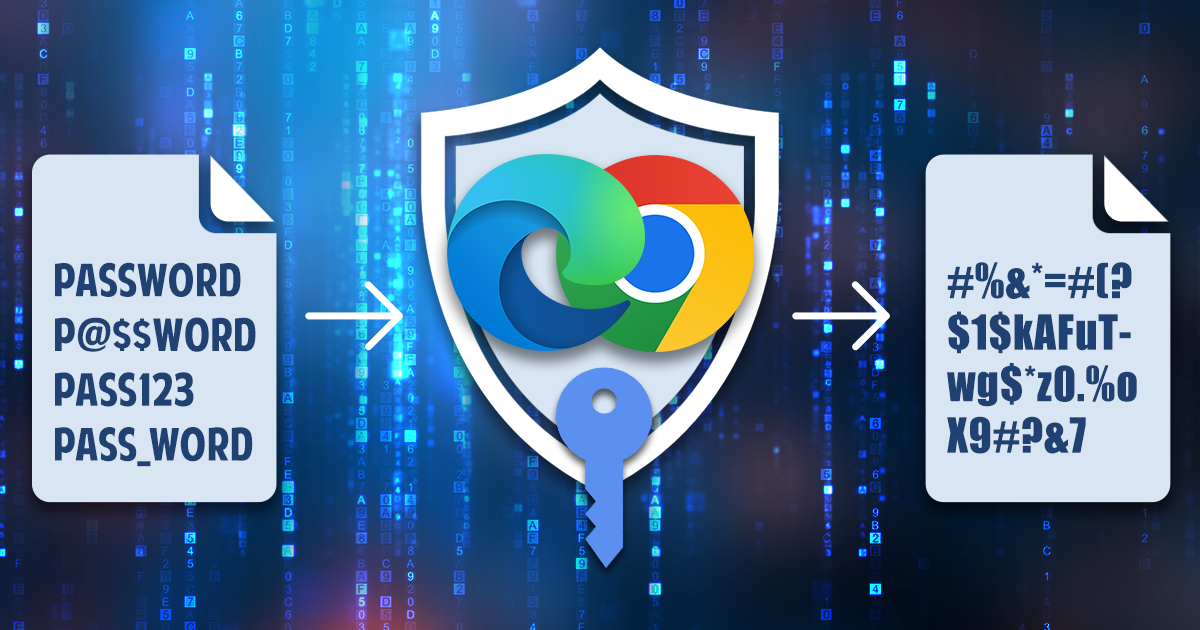Do you think you know everything about creating and using backups of Apple iOS devices? Probably not. Our colleague and friend Vladimir Bezmaly (MVP Consumer security, Microsoft Security Trusted Advisor) shares some thoughts, tips and tricks on iTunes and iCloud backups.
Apple, backup, Elcomsoft Phone Password Breaker, GPU acceleration, iBackupBot, iCloud, iPhone, iTunes, Oxygen Forensic Suite, password cracking, password recovery
We’ve just returned from Karlsruhe, Germany from an event named FTDay. Hosted by mh-Service, a long-time ElcomSoft partner in Germany, this was a small but quality event. The first day was packed with sessions. The second day was dedicated to practical workshops.
Although this new book is on sale from January this year, we are happy to officially say our words of gratitude to Kevin Beaver and advise it to you.
Advanced Archive Password Recovery, Elcomsoft Distributed Password Recovery, Elcomsoft System Recovery, Elcomsoft Wireless Security Auditor, Encryption, hacking, Hacking for Dummies, Kevin Beaver, password, password recovery, Proactive Password Auditor, Security
BlackBerry dominates the North American smartphone market, enjoying almost 40 per cent market share. A 20 per cent worldwide market share isn’t exactly a bad thing, too. The total subscriber base for the BlackBerry platform is more than 50 million users.
Apple, Barack Obama, BlackBerry, Dmitry Medvedev, iPhone, password cracking, password recovery, password security, Research In Motion, RIM, smartphones
In brief, here is the "problem": for years (I think starting from Windows 3.0 released almost 20 years ago), the passwords are being masked as you type them (in most programs what have any kind of password protection, and an operating system itself), i.e. replaced with asterisks or black circles. What for? To prevent the password from being read by someone who stands behind you.
When we meet our customers at trade fairs in Germany, we are always asked questions about legality of our tools. The reason for this is that German law on so-called “hacking tools” is very strict. At the same time the wording of the respective paragraphs is unclear and ambiguous.
Today’s technologies allow staying online practically 24 hrs a day, periodically falling into a sleeping mode. The Internet became easily accessible and numerous devices can connect us to the web from everywhere, and every time when we surf the web we are being registered, at least via IP address of our devices.
Tom’s Hardware has tested two mainstream NVIDIA cards (GeForce 9600 GT and GeForce 9800 GTX) on several CUDA-enabled applications. The applications were:


